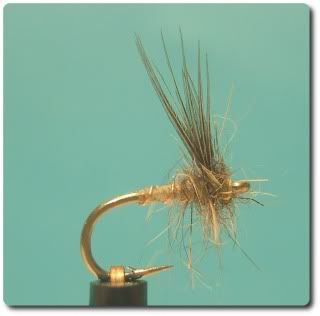All tied on Kamasan B980 size 16 short shank
Midge & Iron Blue's
Purple & Starling

Pearsalls Scarlet , Mole & Starling

Olives
Greenwells Softwing

Greenwells Spider - Furnace Hackle, Pearsalls Yellow #3 Waxed, Gold Wire

Jay Undercovert & Pearsalls Yellow #3 waxed - hopefully to be tried on the smaller olives, pale waterys etc..


